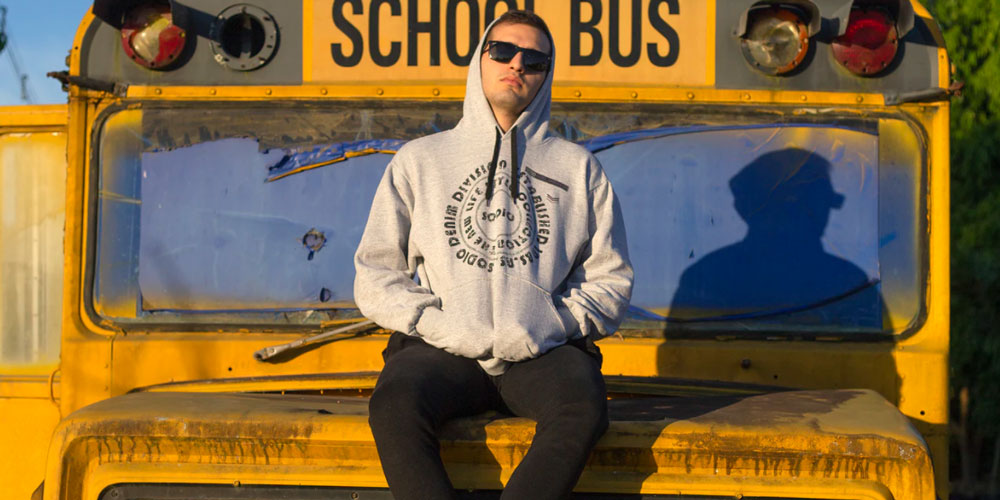
A healthy state would force money-grubbing special interests out of schools.
You know you’re dealing with greedy special interests most concerned with maintaining their own position when you read something like this, emphasis added:
The plan has the support of the Rhode Island Federation of Teachers and Health Professionals, the Rhode Island School Superintendents’ Association, the National Education Association Rhode Island and the Hassenfeld Institute for Public Leadership at Bryant University.
The plan calls for attaining universal pre-kindergarten in five years, and supports Gov. Dan McKee’s $300 million bond proposal for school construction. It would also prevent districts from losing per-pupil state aid due to pandemic-related declining enrollments, also included in the governor’s budget.
Before and during the pandemic, local districts tolerated and even encouraged harmful policies that have caused long-lasting harm to the lives of tens of thousands of Rhode Island children, and now they want to force taxpayers to backfill the slender crack by which accountability can still affect the system: the loss of funding that goes along with driving families away from your failing schools.
Nobody who signs on to this plan can possibly be putting students first. (Who’s funding Bryant’s Hassenfeld Institute, anyway?) They aren’t even putting public education, as an abstraction, first. It’s all about the money.
Everything in “the plan” is about money. The most clever piece (although its cleverness is minimal) is the idea of making education “an enforceable right” in the state’s constitution, but that’s nothing more than a mechanism to ensure that these same special interests can block parents and other voters no matter what they manage to accomplish through democratic means.
The insider “experts” will just tell judges (appointed by the special interests’ boughten politicians) that reforms will harm the “right to education.” In fact, they’ll say, the only way to improve things is more money for special interests.
At what point do people begin to catch on? Or rather, at what point do enough people catch on at the same time that they don’t come to the obvious conclusion that the only solution is to get out of public schools and probably the entire state?
Featured image by Clayton Ewerton on Unsplash.

